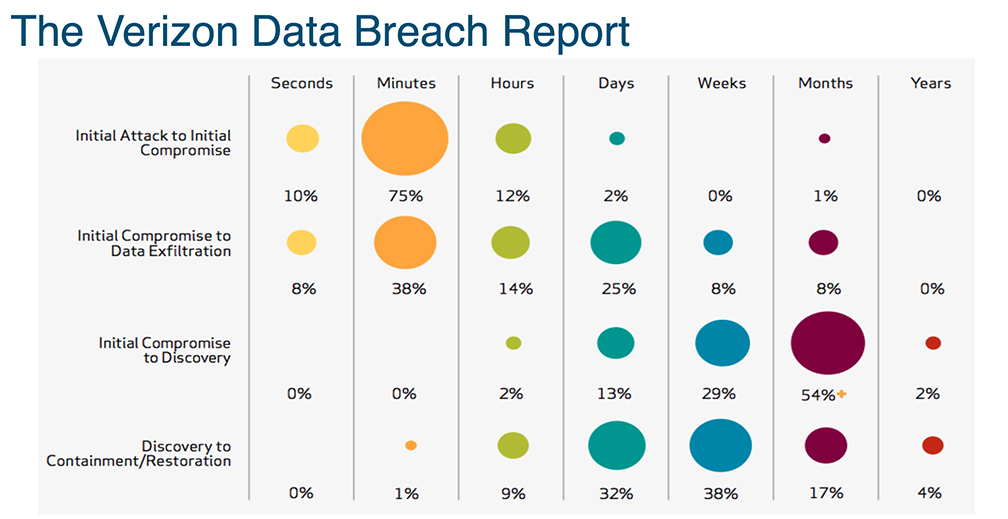This week is IETF 100 in Singapore, and we’re bringing you daily blog posts highlighting some of the topics that Deploy360 is interested in. ‘Things’ are less hectic today, although there’s still plenty to follow in the areas of IPv6, the Internet of Things and encryption.
There’s a couple of choices for starting the day at 09.30 SGT/UTC+8. ACE is defining a framework for authentication and authorization in IoT environments based on OAuth 2.0 and CoAP, and there are 8 drafts up for discussion. Alternatively, DMM will be meeting to discuss issues related to Mobile IPv6.
NOTE: If you are unable to attend IETF 100 in person, there are multiple ways to participate remotely.
After lunch is 6MAN at 13.30 SGT/UTC+8 which is one of the key IPv6-related Working Groups. There’s one working group sponsored draft on IPv6 Node Requirements that specifies the minimum requirements for enabling effective IPv6 functionality and interoperability on nodes. There are also three recommendations on the security and privacy implications of IPv6, temporary IPv6 interface identifiers, and on the filtering of IPv6 packets containing extension headers, a further draft requesting the creation of an IANA registry for the Prefix Information Option in the IPv6 Neighbour Continue reading

 If you are a hacker or a security company, 2017 was a very good year.
If you are a hacker or a security company, 2017 was a very good year. Enterprises must realize the advantages of the cloud without introducing new risk.
Enterprises must realize the advantages of the cloud without introducing new risk. Revenue from the company's core business of routers and switches declined 4 percent.
Revenue from the company's core business of routers and switches declined 4 percent. But for the past couple months I’ve been able to really start digging in.
But for the past couple months I’ve been able to really start digging in.

 The company has spent at least $6.6B on software-centric companies.
The company has spent at least $6.6B on software-centric companies. Nokia says smartphone infections accounted for 72 percent of all mobile network infections in the first three months of 2017.
Nokia says smartphone infections accounted for 72 percent of all mobile network infections in the first three months of 2017. By 2020 at least half of the integrated risk management products on the market will be SaaS.
By 2020 at least half of the integrated risk management products on the market will be SaaS. It provides a migration path from perimeter-based security appliances.
It provides a migration path from perimeter-based security appliances.